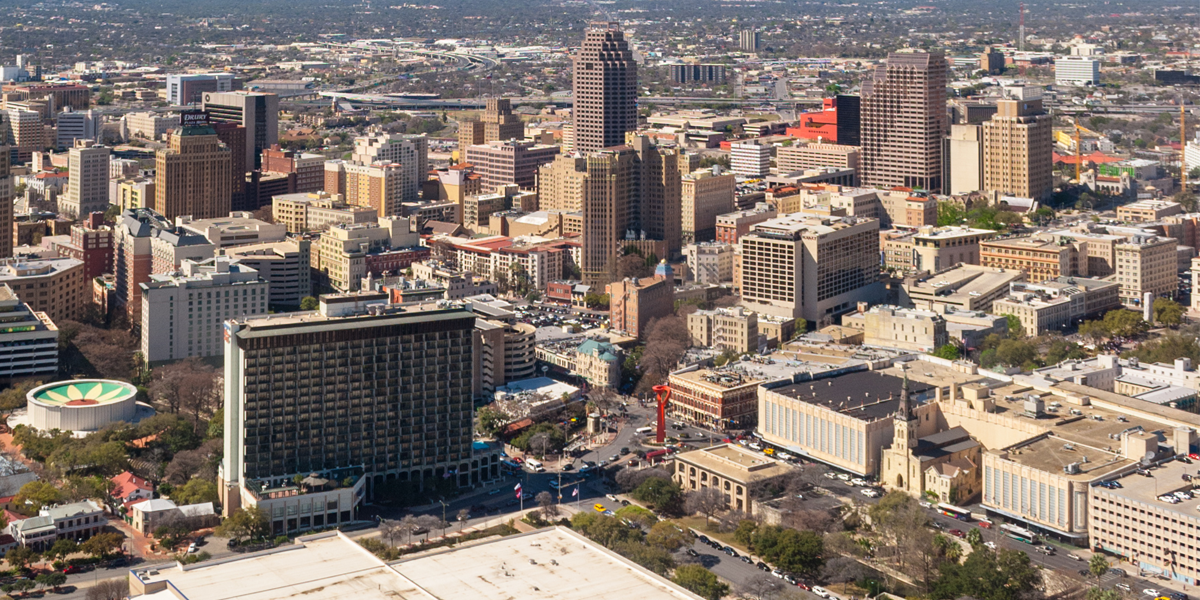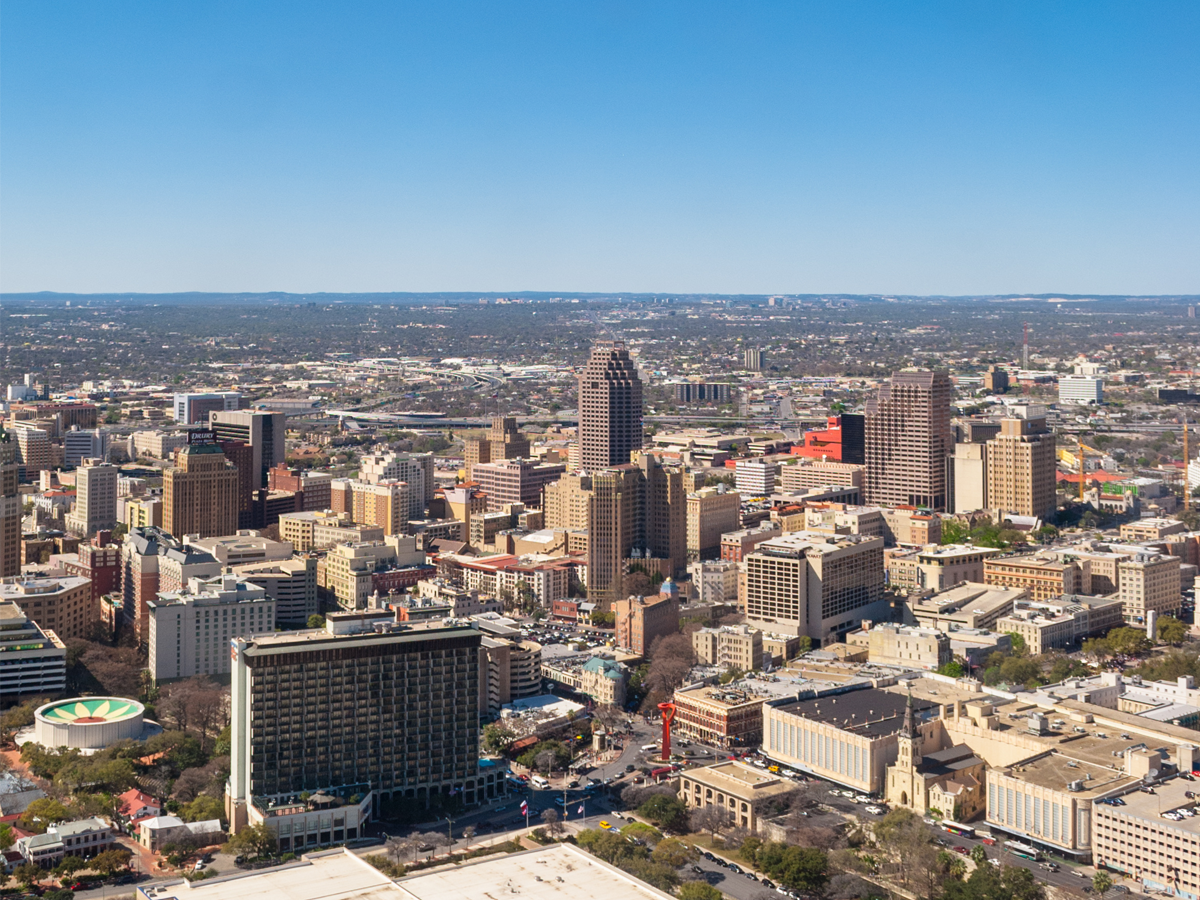
Providing Answers

Shortly after COVID-19 struck, the Institute for Economic Development at UTSA launched the Small Business Development Center’s COVID Business Recovery Accelerator to help small businesses weather the financial hardships caused by the coronavirus pandemic.
COBRA is the only recovery accelerator of its kind in Texas designed to help stabilize and rebuild the small business economy. Funded by a $1.2 million grant from the U.S. Small Business Administration, COBRA serves small businesses in Bexar and 10 surrounding counties by providing counseling and resources to pursue loans and to begin recovering from the economic impact of the pandemic.
Heather Schnelzer is one business owner who’s benefited from the SBA’s Paycheck Protection Program through COBRA. She operates three gyms around San Antonio and had over 800 enrolled students before the pandemic hit. In April she had to lay off 19 employees.
“I have reached out to so many different sources trying to look for information on how to qualify for the SBA loans, but it wasn’t until I reached out to the UTSA Small Business Development Center that I had the answers I needed,” she says.
Schnelzer applied for the PPP loan assistance and received $134,000 to use to hire 13 of her employees back and aid her in covering the gyms’ mortgage for three months.
“Our employees are not only our staff, they are our family,” says Schnelzer. “Receiving the funds from the PPP made a huge impact in our operation. We were able to keep our gyms open and provide an alternative mode of virtual teaching.”
Schnelzer has since reopened using the PPP funds and her savings but has had to adjust how her gymnastics business operates, now offering virtual classes and some small in-person team classes.
The cost of her operation after the pandemic also has increased her overhead. Each facility and all equipment are commercially cleaned every day. The gyms are sanitized using CDC guidelines and a hospital-grade fogging disinfecting service, and each facility has been updated with handless hand sanitizers and soap dispensers. She says she will eventually need the SBA’s Economic Injury Disaster Loan, a longer term loan, to keep her gyms operating.
The IED accelerator also will help Schnelzer navigate the disaster loan process. It will assess the applications of businesses that have been denied emergency funding and help them reapply.
“We feel this program is making a difference for business owners by providing the experts to help them work through the relief as well as the recovery process,” says Terri Williams, director of the SBDC’s Center for Government Contracting at UTSA.

